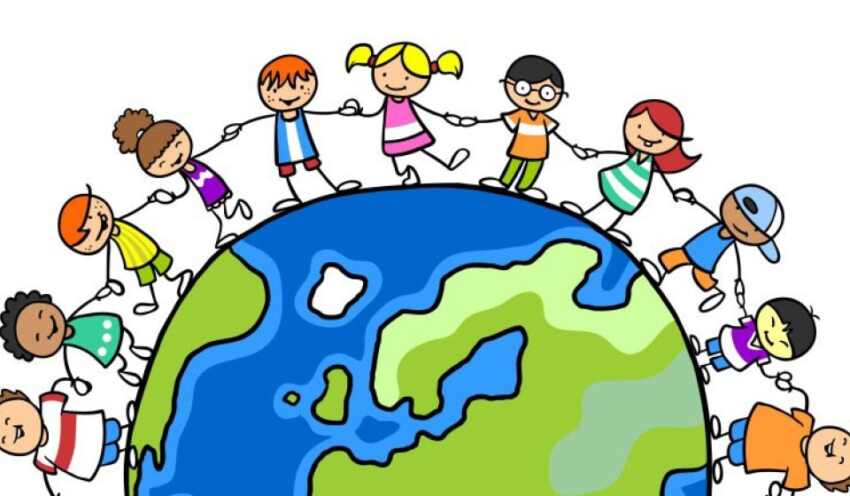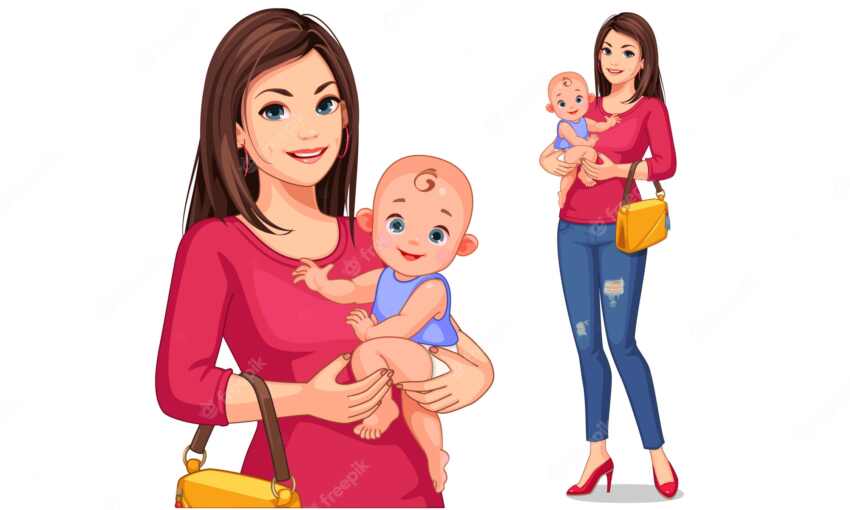Children are the future of any society, and it is crucial to safeguard their rights and protect them from exploitation, abuse, and discrimination. Protecting the rights of children is not only an ethical duty but also a global imperative that should be prioritized by governments, organizations, and individuals across the world.
Understanding Children’s Rights
Children’s rights are the basic human rights that are inherently entitled to every child universally, regardless of their race, gender, nationality, or social status. These rights encompass their right to life, education, healthcare, safety, protection from violence and abuse, and to participate in cultural and recreational activities.
Challenges Faced by Children Worldwide
Despite the significant progress made in recent decades, children face numerous challenges around the world that violate their rights. Poverty, armed conflict, child labor, child marriage, trafficking, and inadequate access to education and healthcare are just a few examples of the hurdles that children encounter.
The Role of Governments
Government policies and legislation play a crucial role in ensuring the protection of children’s rights. States should establish laws that protect children from violence, abuse, and exploitation. They should allocate adequate resources to provide quality education and healthcare services to children. Governments should also prioritize measures to eliminate child labor and child marriage, as well as provide social protection for vulnerable children.
Non-Governmental Organizations
Non-governmental organizations (NGOs) play a vital role in advocating for children’s rights, supporting initiatives, and implementing projects that improve the living conditions of children. NGOs work closely with governments to provide assistance to children affected by armed conflict, trafficking, and other forms of abuse. They raise awareness, engage in advocacy, and contribute to policy formulation and implementation.
Parental and Community Responsibility
Parents and communities have a significant responsibility in protecting the rights of children. Nurturing a safe and supportive environment at home helps promote the physical, mental, and emotional well-being of children. Communities should work together to create child-friendly spaces and ensure the provision of education, healthcare, and recreational opportunities for all children.
Importance of Education
Education plays a fundamental role in protecting children’s rights. Quality education equips children with the knowledge and skills necessary to lead fulfilling lives, contribute to society, and exercise their rights effectively. Governments and communities should focus on providing accessible and inclusive education for all children, regardless of their background or abilities.
International Cooperation
Achieving the goal of protecting children’s rights requires international cooperation and collaboration among nations. Countries need to work together to address issues such as child trafficking, child soldiers, and cross-border child abuse. Global organizations like the United Nations Children’s Fund (UNICEF) play a critical role in coordinating efforts, setting standards, and monitoring the progress in safeguarding children’s rights.
Conclusion
Protecting the rights of children is a global imperative that requires the collective efforts of governments, NGOs, communities, parents, and individuals. Every child deserves to live in a safe, nurturing environment and to enjoy their rights without any discrimination. By prioritizing children’s rights and taking meaningful actions to ensure their protection, we can create a better world for generations to come.
Nidhin
For More Details Call: +917510220582





